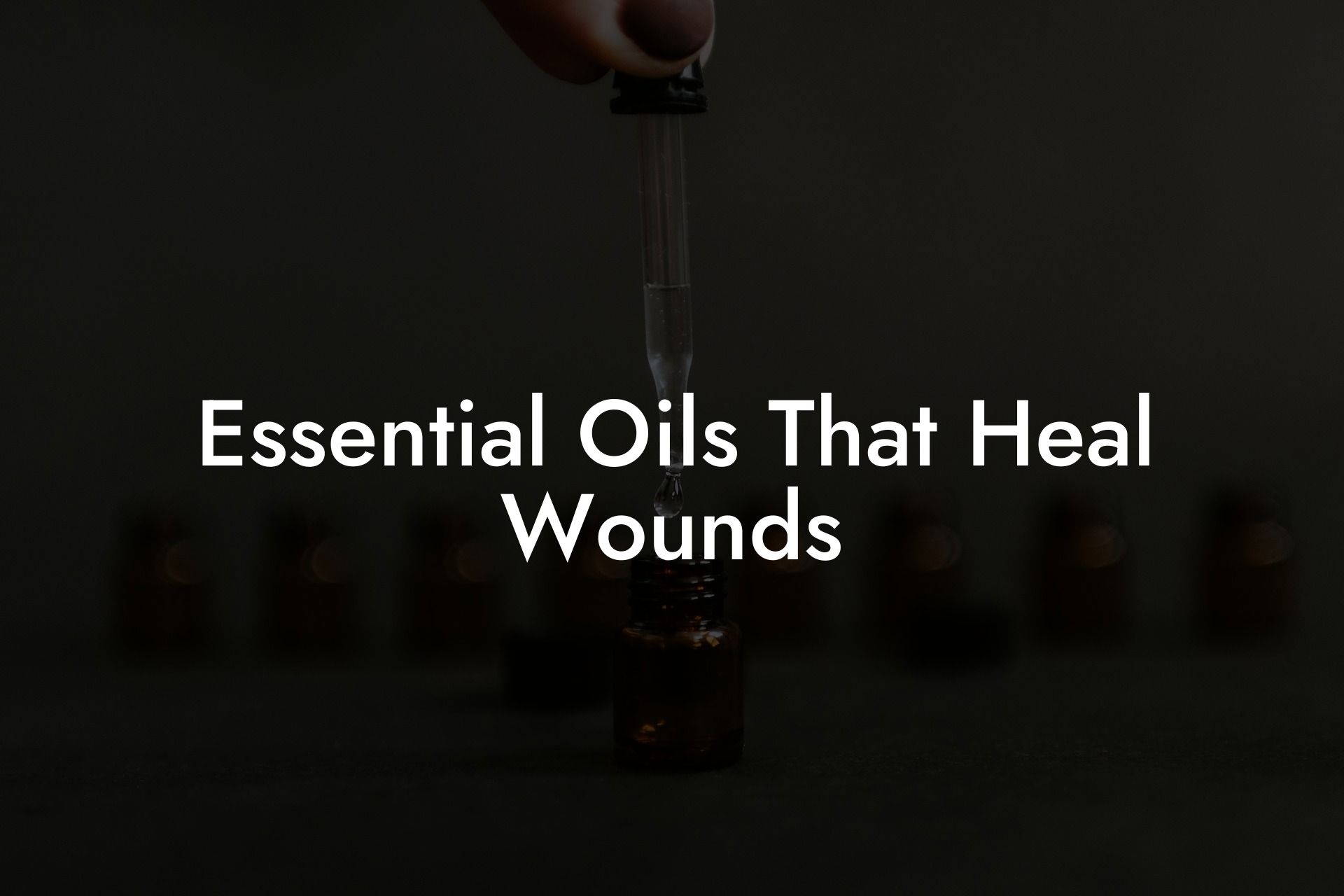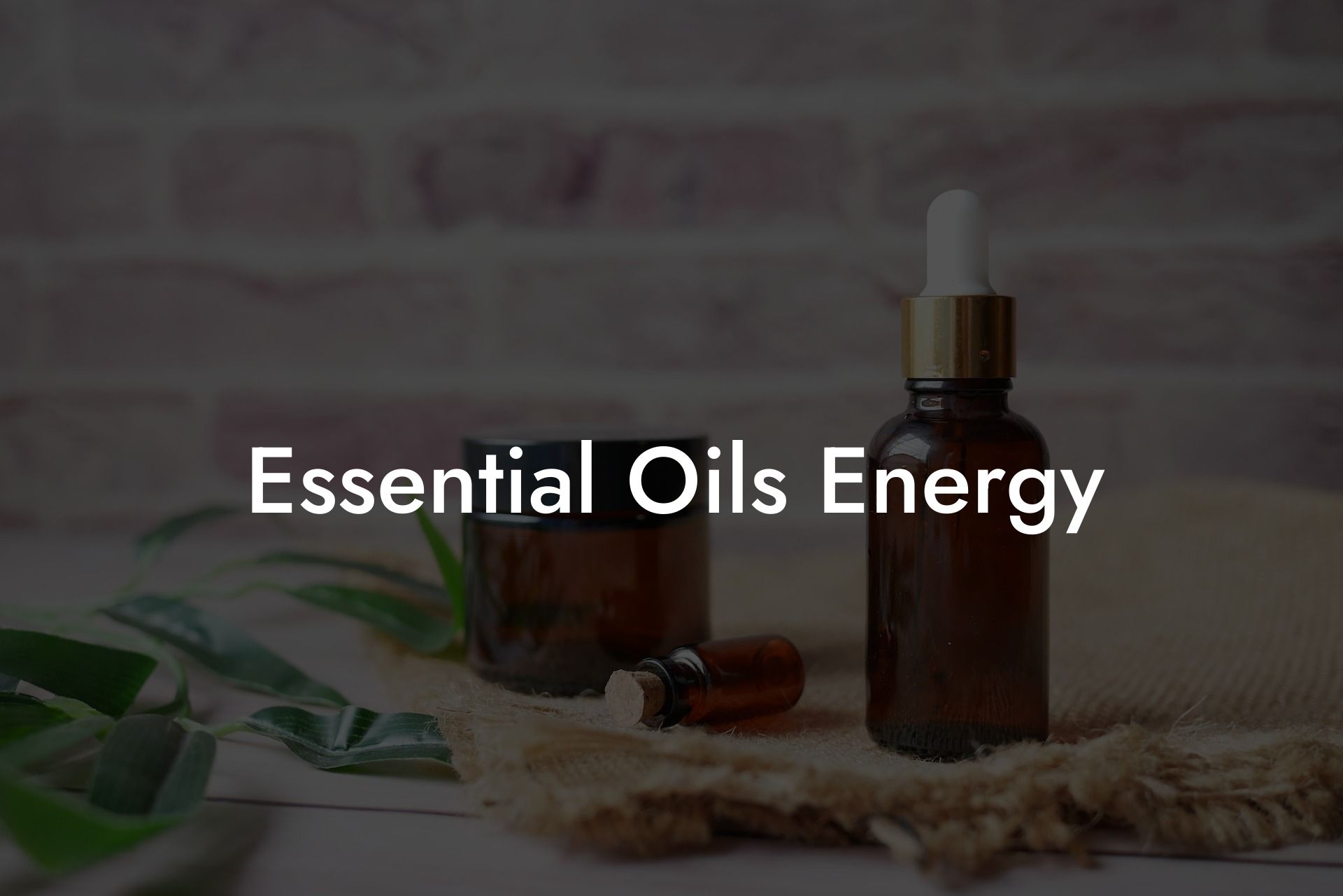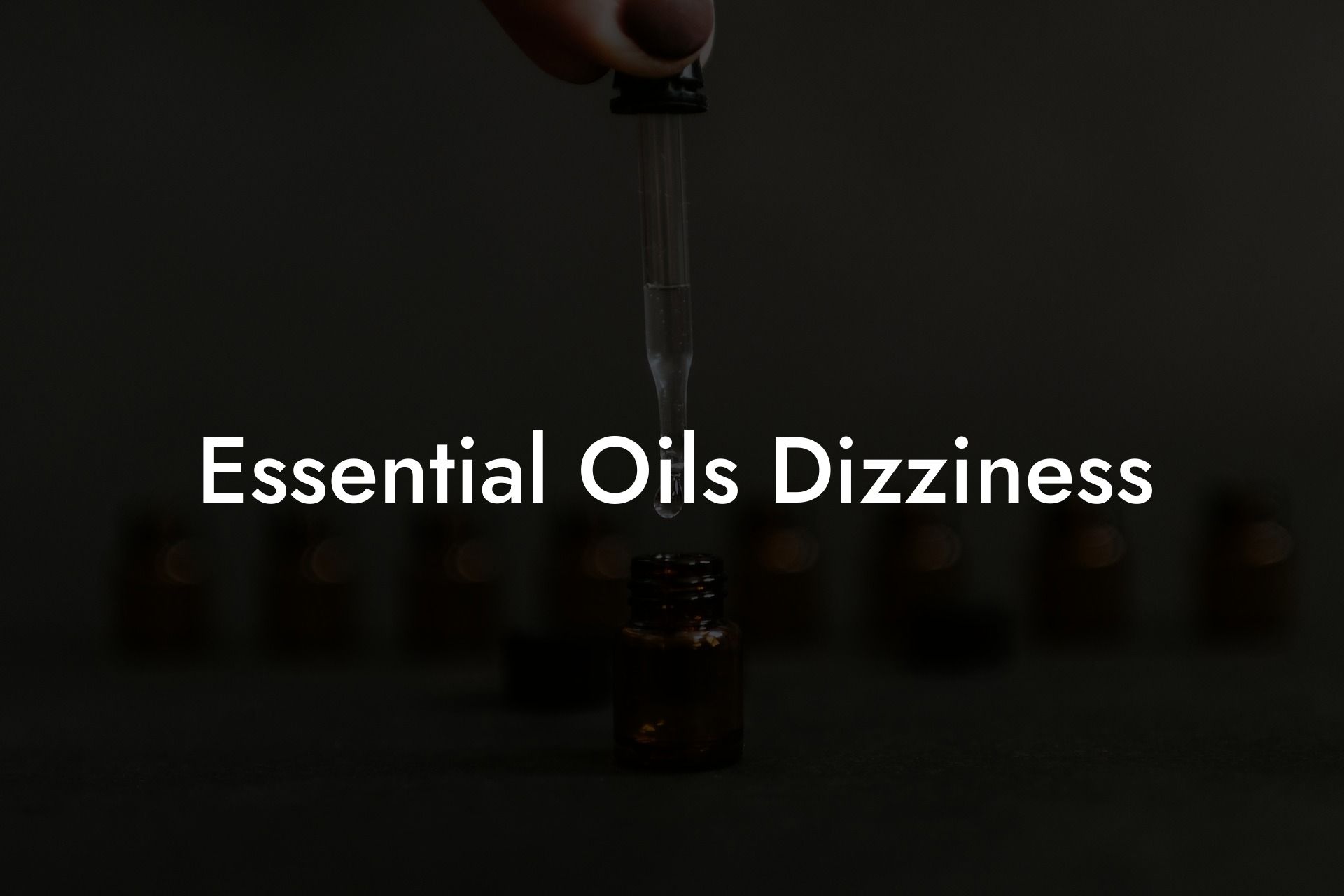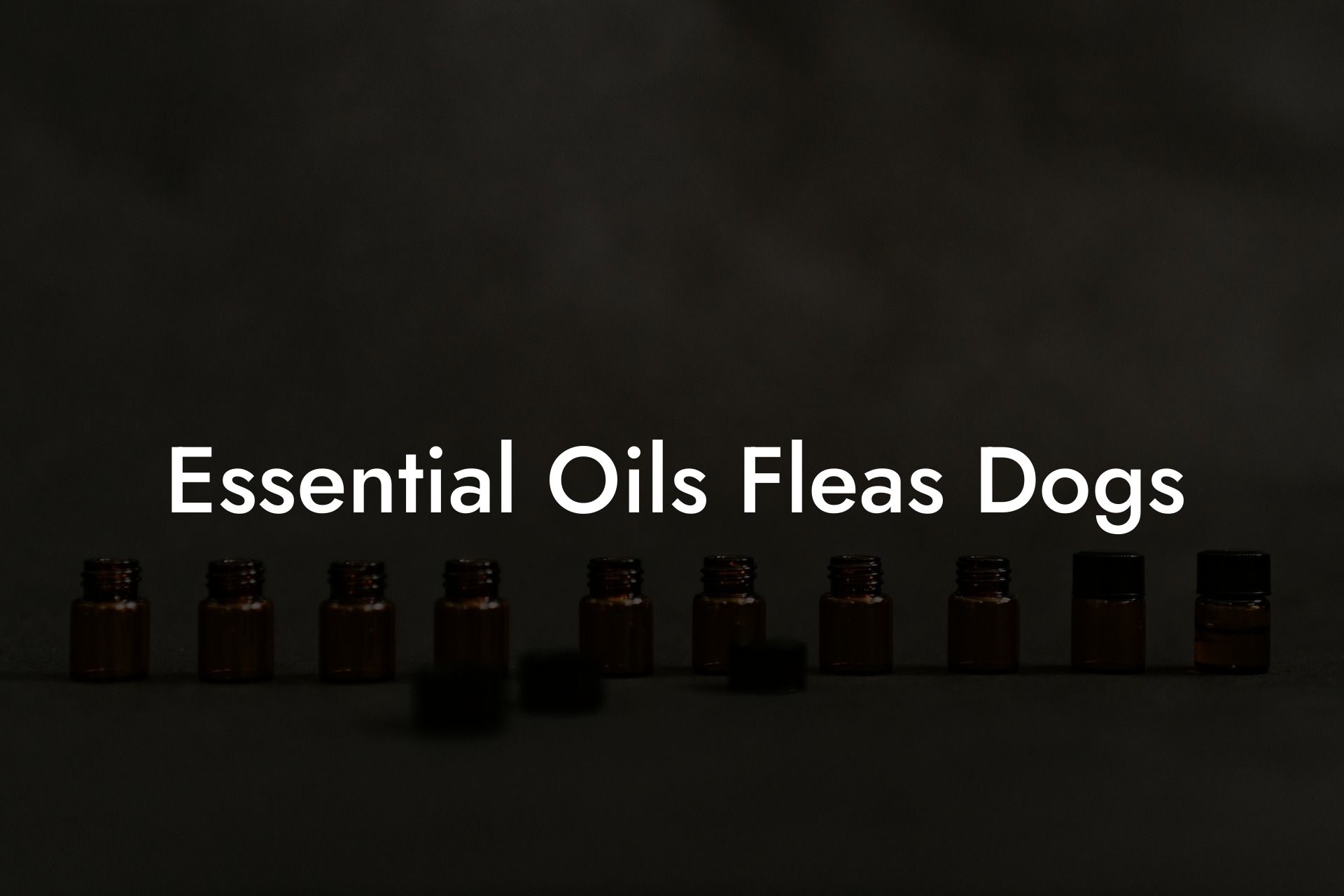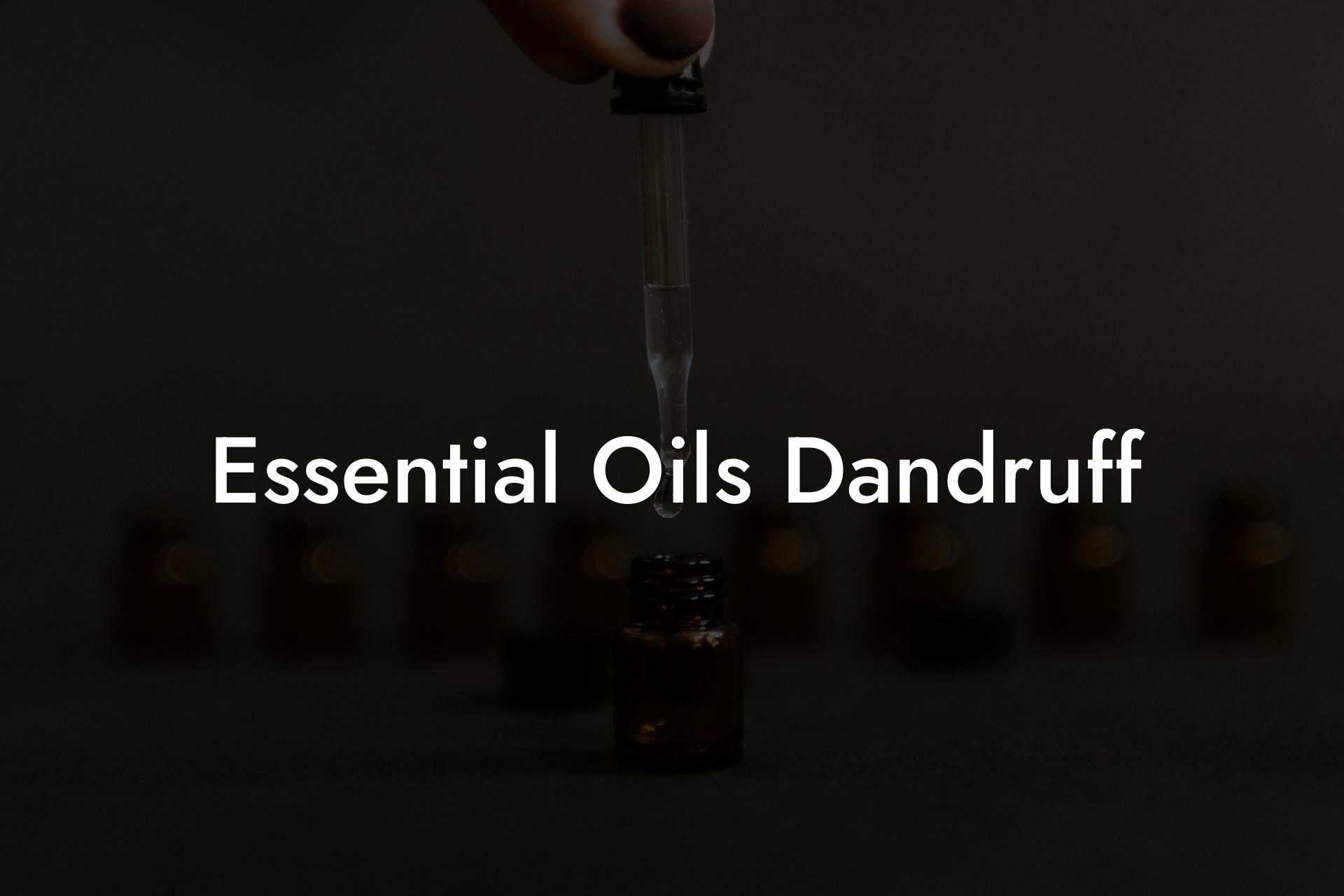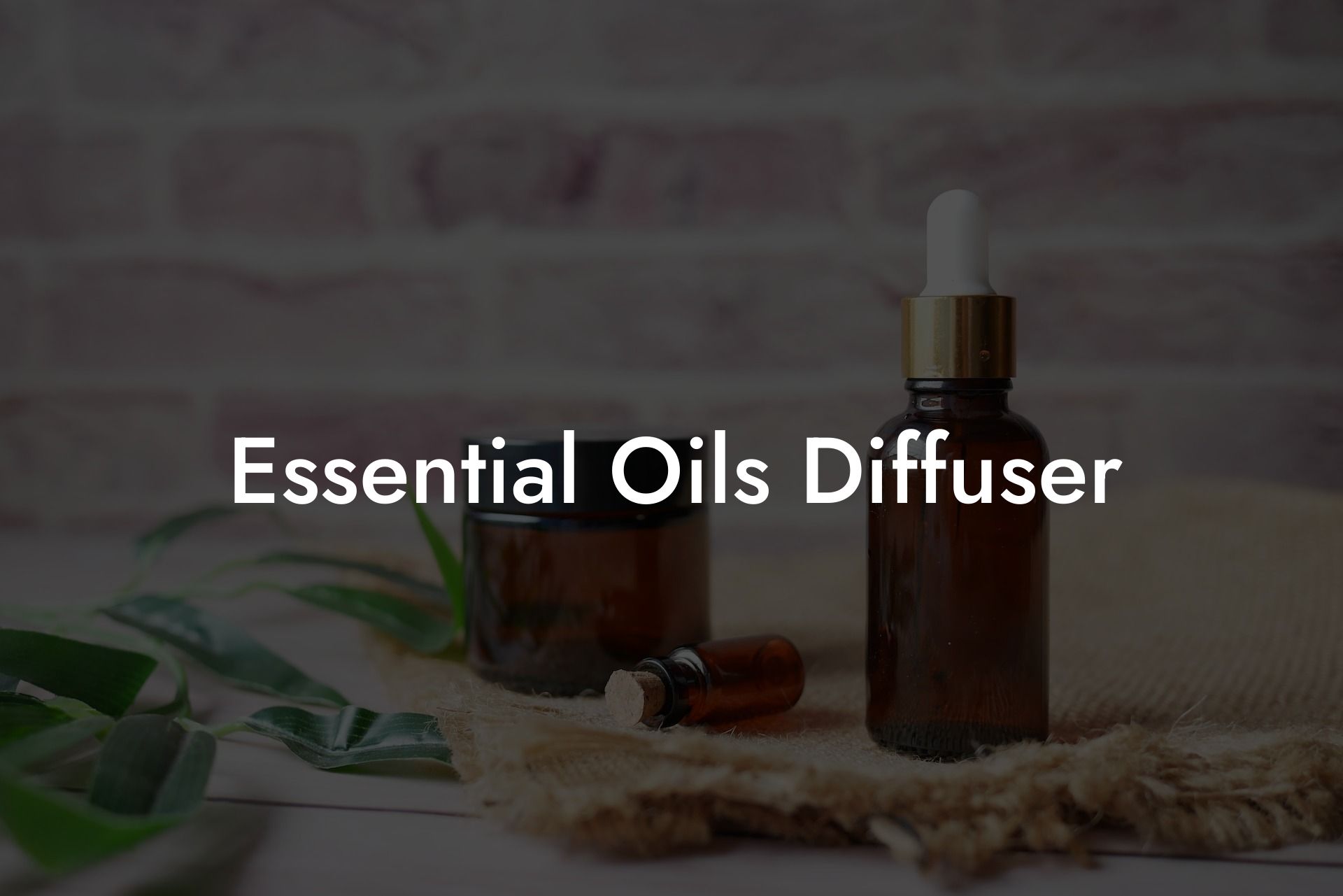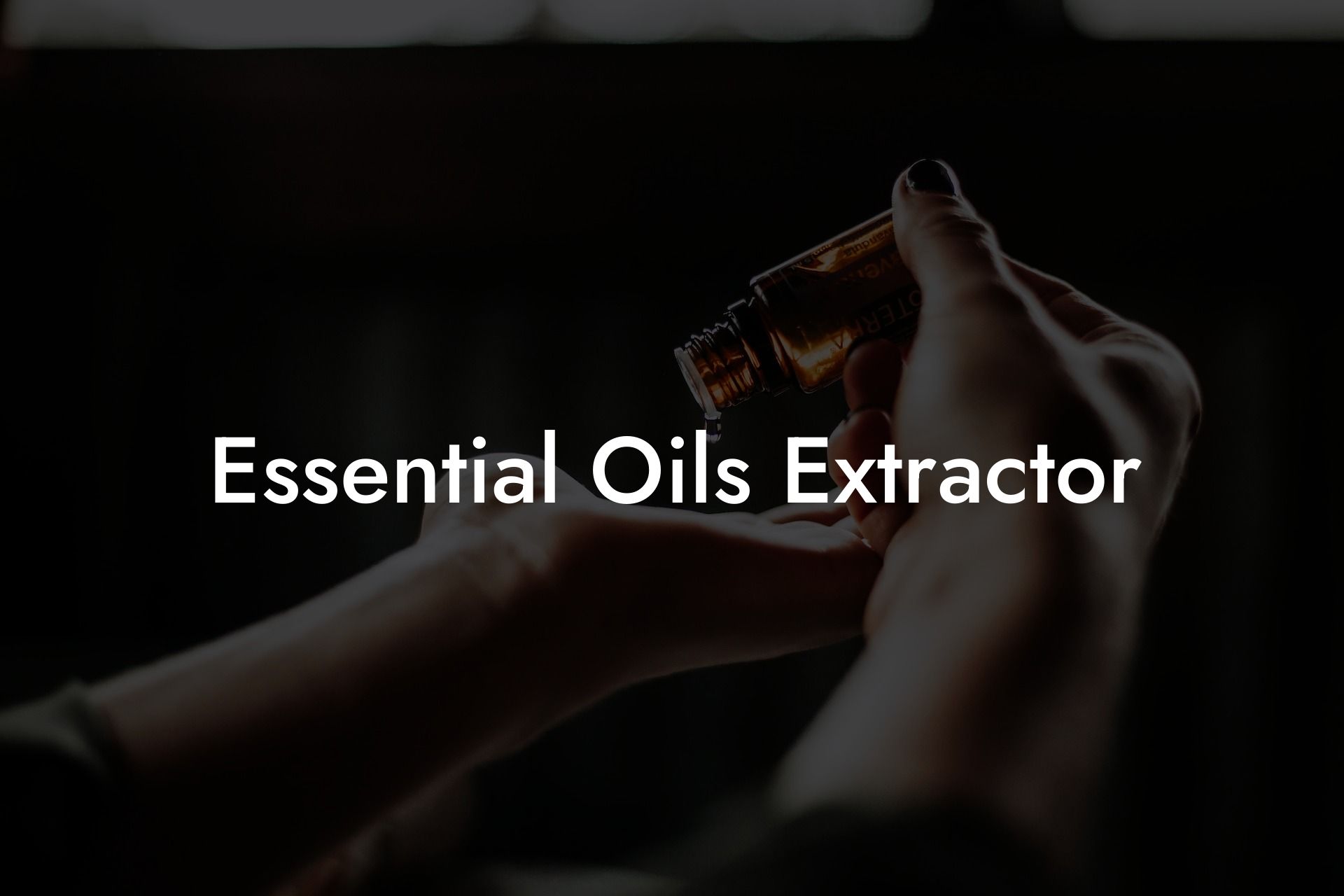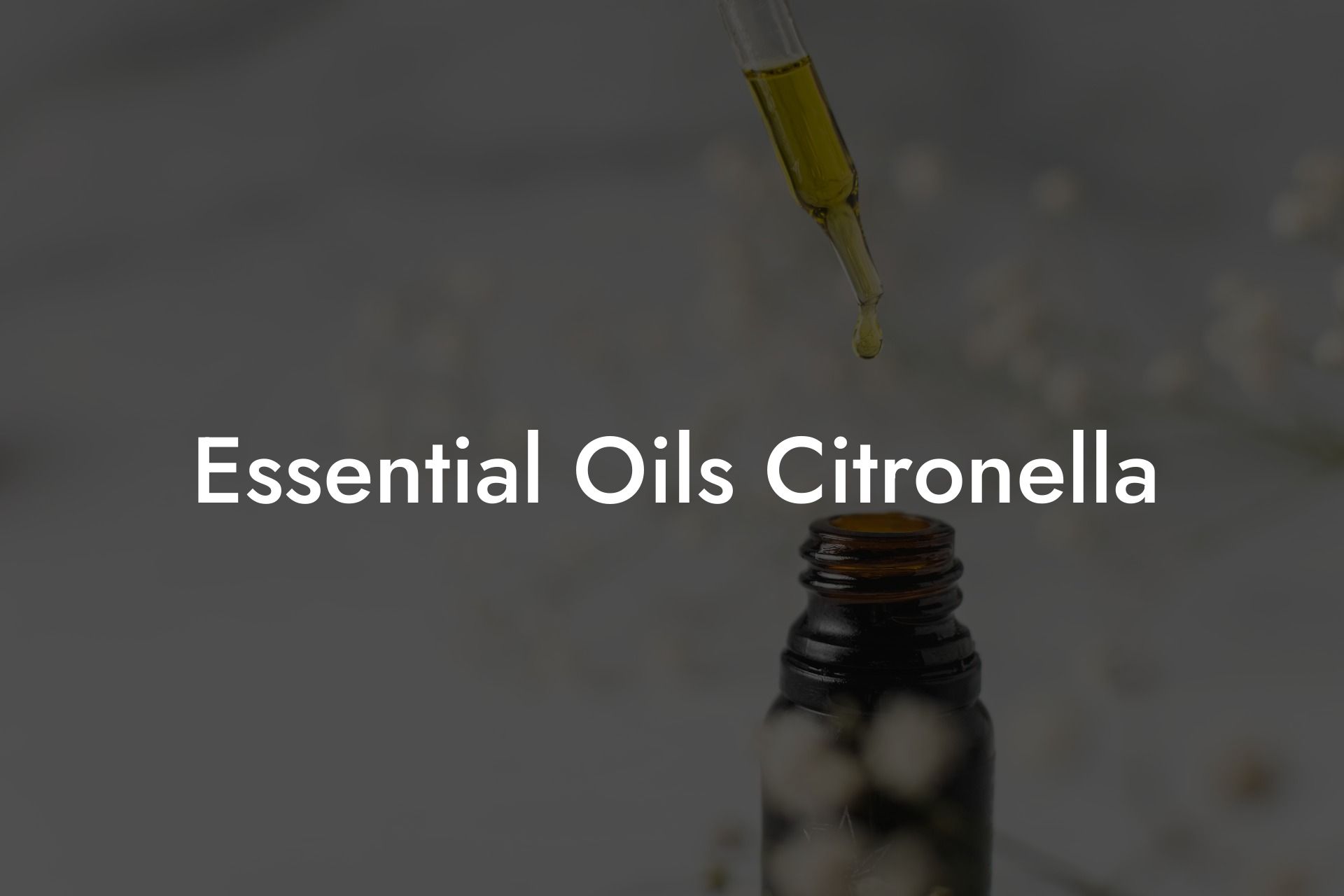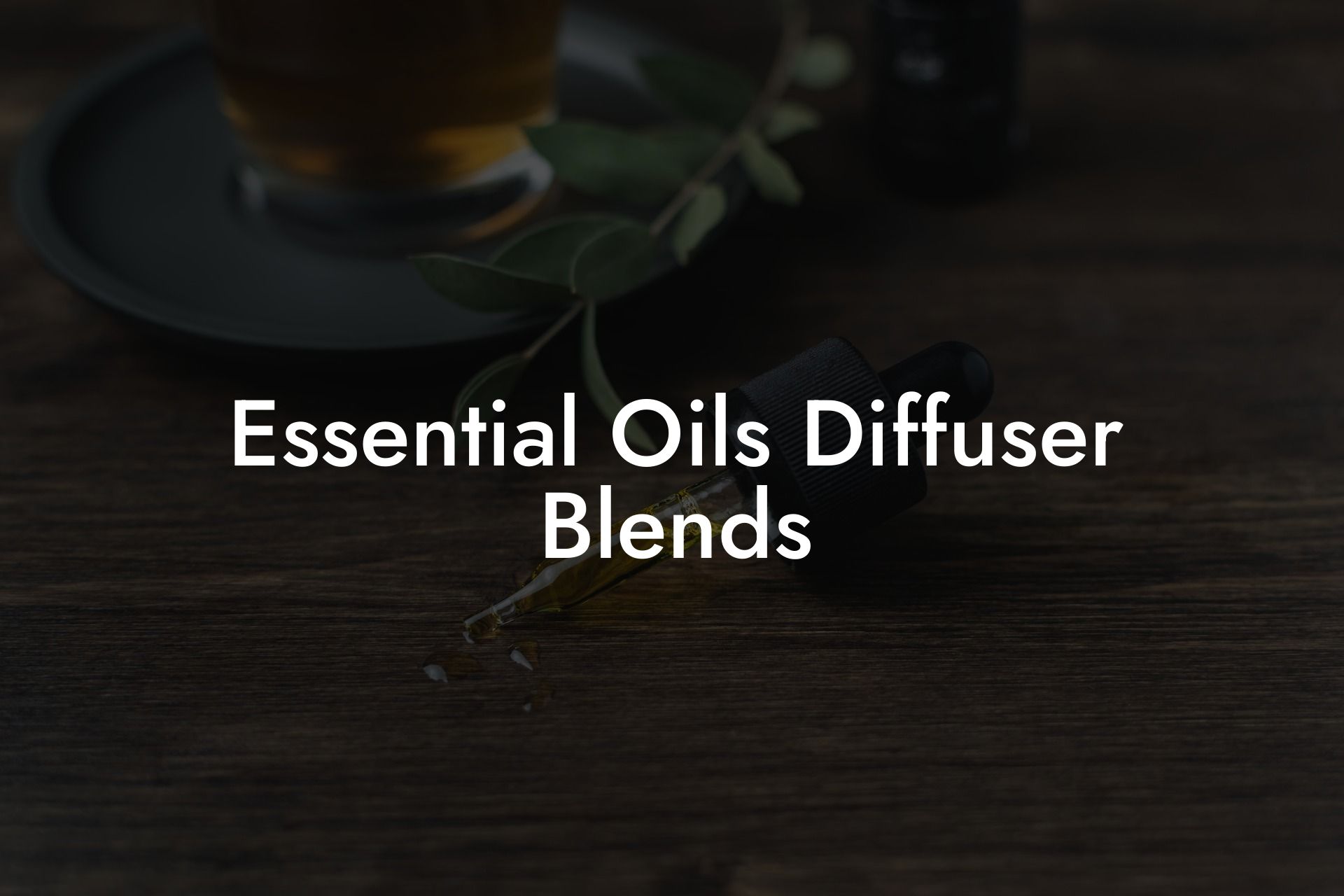Discover the power of essential oils to heal wounds, from cuts and scrapes to burns and bites. Learn how these natural remedies can provide relief and promote your body’s natural healing process.
Table of Contents
The Healing Power of Essential Oils
Essential oils have been used for their medicinal properties for centuries, and their benefits for wound healing are no exception. These concentrated plant extracts possess potent anti-inflammatory, antimicrobial, and antioxidant properties, which can help soothe injured skin, prevent infection, and support your body’s natural healing process.
How Essential Oils Promote Wound Healing
- Antimicrobial properties: Essential oils can help prevent wound infections by inhibiting the growth of bacteria and other pathogens.
- Anti-inflammatory effects: Many essential oils have anti-inflammatory properties that can help reduce redness, swelling, and pain associated with wounds.
- Antioxidant properties: Essential oils contain antioxidants that protect skin cells from damage and promote cell regeneration for faster wound healing.
- Soothing effects: Some essential oils are known for their calming and soothing effects on the skin, reducing discomfort from wounds and promoting relaxation.
Top Essential Oils for Wound Healing
While there are many essential oils with potential benefits for wound healing, some stand out as particularly effective. Here are five top essential oils to consider adding to your natural first aid kit.
1. Lavender Essential Oil
Lavender oil is known for its calming properties and is widely used in aromatherapy to promote relaxation. But it also has powerful wound healing capabilities, thanks to its antimicrobial, anti-inflammatory, and pain-relieving properties. Lavender oil can help soothe and protect cuts, scrapes, and burns by disinfecting the area and promoting the growth of new skin cells.
2. Tea Tree Essential Oil
Tea tree oil is well-known for its potent antimicrobial properties and has long been used as a natural remedy for cuts and skin infections. Its ability to inhibit the growth of bacteria and fungi makes it a valuable addition to your wound-healing arsenal. Tea tree oil can also help reduce inflammation and soothe itchy or irritated skin.
3. Helichrysum Essential Oil
Helichrysum oil, sometimes referred to as the “everlasting” or “immortelle” flower, is prized for its potent skin-rejuvenating properties. It is particularly effective at healing wounds because it has strong anti-inflammatory, antimicrobial, and analgesic properties. In addition to healing wounds, Helichrysum oil has proven to be an effective natural remedy for reducing the appearance of scars.
4. Frankincense Essential Oil
Frankincense oil has been used for centuries for its wound-healing properties. This resinous essential oil has powerful anti-inflammatory and antimicrobial properties, which can help protect your wound from infection while reducing inflammation and promoting tissue regeneration.
5. Chamomile Essential Oil
Chamomile oil is not only famous for its calming effects on the mind but also its soothing properties for the skin. Its potent anti-inflammatory and antimicrobial properties make it an excellent choice for wound healing. Chamomile oil is particularly helpful in relieving pain and discomfort from burns, insect bites, and other skin irritations.
Essential Oils That Heal Wounds Example:
To make a simple wound healing blend using essential oils, follow these steps:
- Choose a carrier oil, such as coconut oil or sweet almond oil, to dilute the essential oils before applying them to your skin. This will help prevent irritation and make the oils easier to spread over the wound area.
- Add 3-5 drops of lavender essential oil, 2-3 drops of tea tree essential oil, and 2-3 drops of chamomile essential oil to 1 tablespoon of carrier oil. Mix well.
- After washing the wound with mild soap and water, gently pat it dry, and then apply a thin layer of the essential oil blend to the affected area. Cover the wound with a bandage or gauze pad to protect and keep the area clean.
- Reapply the essential oil blend 1-2 times a day until the wound has healed.
Natural healing doesn’t have to be complicated. By incorporating essential oils into your wound care routine, you can support your body’s natural healing process, reduce the risk of infection, and promote healthy skin regeneration. Share this article with your friends and family to spread the word about the power of essential oils for wound healing. For more insights on essential oils, aromacology, and the Oshu Oils range of artisan essential oils, be sure to check out our other expert guides and shop our collection of premium essential oil blends.

